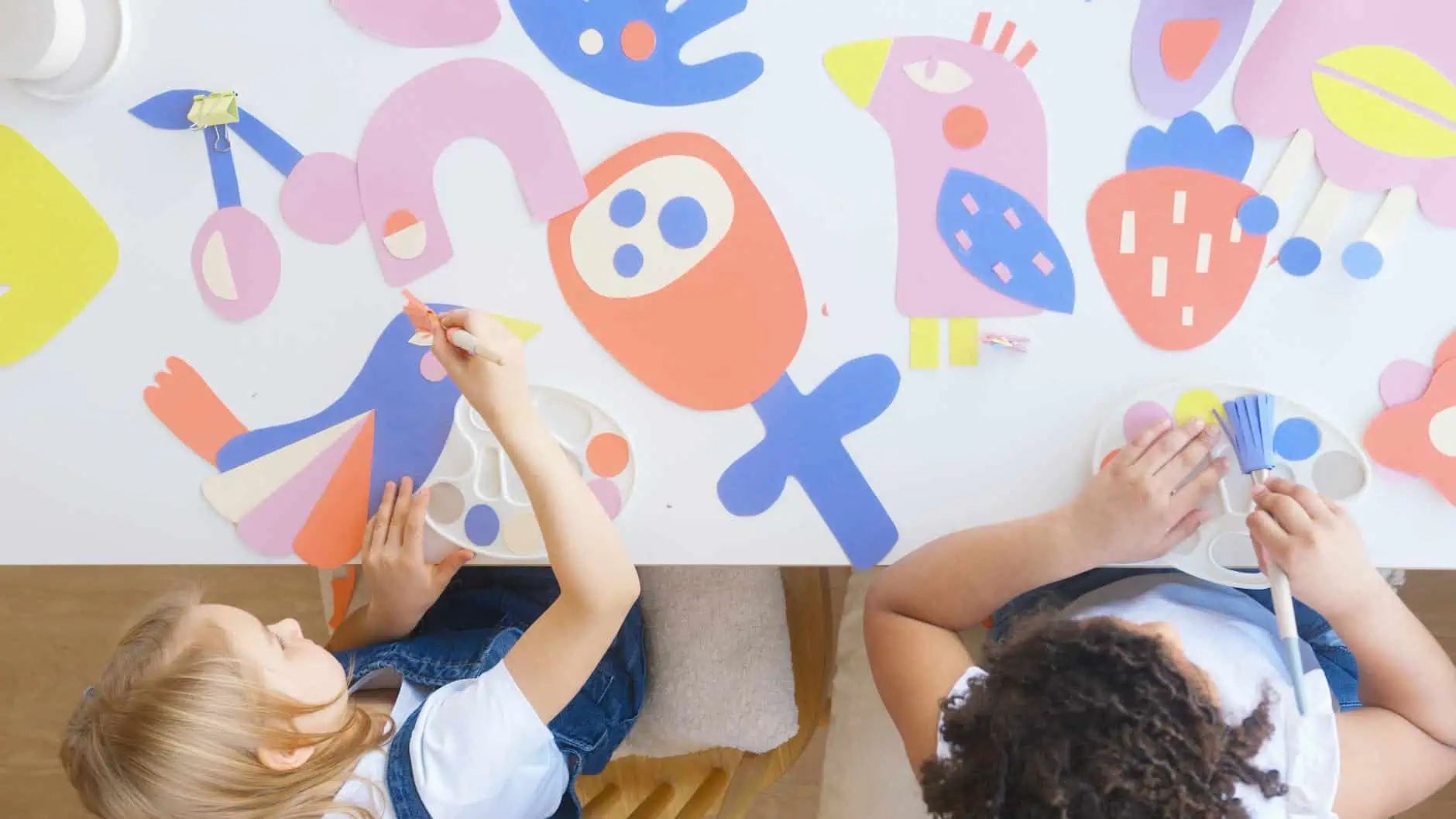
By Keri Downs, Licensed Psychologist- Children often enter therapy for a variety of reasons; however, parents often wonder when it is “the right time” to call a professional for help. Sometimes, it is difficult for parents to know what is considered “typical”; other times, parents wait because they see small, improvements in behavior and want to “wait to see if it gets worse”. At Davenport Psychology, we believe that it is never too early (or too late) to reach out for help, and we want to make the process as positive as possible for your child and family.
Below are some common reasons why children and adolescents come in for therapy and how it can be helpful:
BIG EMOTIONS
Is your child struggling with big emotions and finds it difficult to calm down in the moment? Whether it’s anger, anxiety, frustration, or fear, children often get “stuck” in their feelings and do not have the tools needed to regulate their emotions when triggered by something upsetting. Therapy can help children and adolescents identify and access important coping tools that help them manage their feelings in the moment and, ultimately, allow them to move on from a stressful situation more quickly and effectively. Therapy can also help children learn how to challenge and change their thinking, which can directly impact the frequency and intensity of their feelings.
LISTENING AND FOLLOWING DIRECTIONS

Sometimes, as parents, it might feel like you are telling your child to do the same thing over and over or that your child wants to do the exact opposite of what you tell them to do. This can be extremely concerning and frustrating for parents, and therapy can help get children back on track with their behavior, as well as offer additional parenting support to help with communication, limit setting, positive reinforcement, and changing habits. Children who struggle with oppositional behavior often subconsciously pull for negative attention from their parents, which ultimately leads to more negativity in family dynamics and conflict among family members. Therapy can help children and adolescents explore the root of their behavior and how it impacts themselves and others and can assist parents in a variety of behavior management techniques.
CONFIDENCE AND SELF-ESTEEM
Are you noticing that your once-confident child or teen is expressing negativity about themselves or their abilities? Has your child always struggled to stand up for themselves or feel good about themselves? Therapy can provide a safe space for children to talk about their challenges and focus on their strengths, as well. The way that children perceive themselves, their friendships, and the world around them impacts their self-esteem and confidence in their abilities. In addition, the prevalence of social media in today’s society results in our children constantly comparing themselves to others, as well as experiencing significant FOMO and bullying for some, which can lead to significant emotional and behavioral issues. Therapy can help your child challenge their negative thinking and change their perception of themselves, while also providing parents with tools and techniques to build confidence and self-esteem at home.
SPORTS PERFORMANCE

Children are starting and excelling in sports earlier and earlier, and therapy can help your child bridge the gap between the physical and mental aspects of their sport. Is your child experiencing performance anxiety that is preventing them from reaching their full athletic potential or maybe they need help with motivation, relaxation, or achieving their goals? Therapy can help children manage any negative thinking, poor habits, or mental blocks that might be interfering with their athletic performance.


